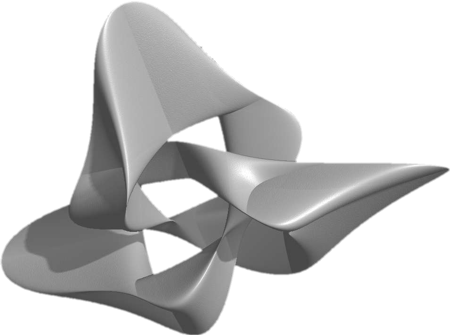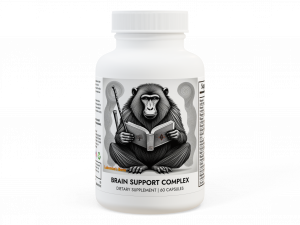Lebombo Bone
The Lebombo Bone is a small piece of polished baboon’s fibula that was discovered in the Lebombo Mountains near the border of South Africa and Swaziland. It is estimated to be over 35,000 years old and is believed to be one of the oldest mathematical instruments ever found. The bone is intricately carved with markings that suggest it was used for counting or keeping track of time.
These notches deliberately placed on the baboon’s bone are thought to represent days in a month, providing insight into the knowledge and capabilities of ancient Africans in understanding and recording time.
According to The Universal Book of Mathematics the Lebombo bone’s 29 notches suggest “it may have been used as a lunar phase counter, in which case African women may have been the first mathematicians, because keeping track of menstrual cycles requires a lunar calendar”
The discovery of the Lebombo Bone provides valuable insights into the social structure and cognitive abilities of early human societies. The sophistication of the bone’s design indicates a level of cooperation and communication among community members, as well as a shared knowledge of mathematical principles. This suggests that early humans were more advanced and intellectually capable than previously thought.
Recommended products
-
Lebombo’s Bone African Mango Drops
$39.95 -
Lebombo’s Bone The Brain Fortifier
180 Members Only


